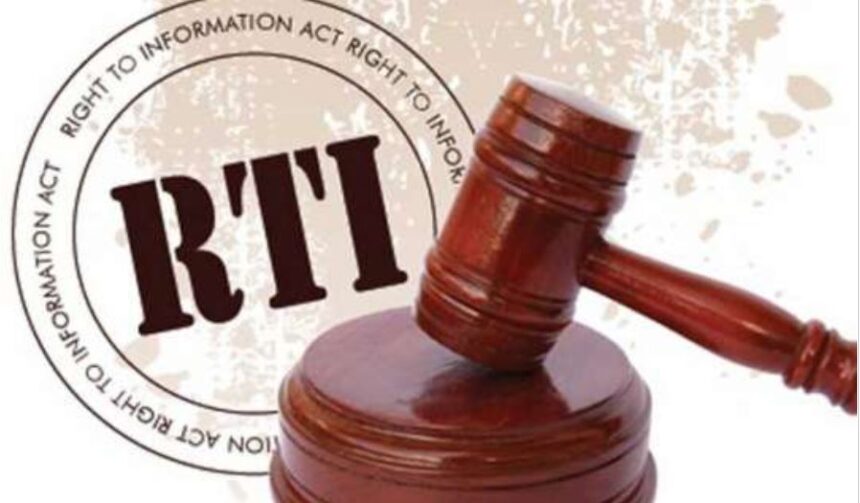Ghana would have been celebrating the third years of the RTI Law if the Npp had not pushed its usual anti-transformation machinations.
The RTI Bill was first drafted in 1999 under the first NDC administration. The NDC in its 2008 and 2012 manifestos promised will pass it if it got the nod. The Mills administration in 2010, presented the Bill to parliament for consideration. In 2011, the Mills/Mahama administration showed commitment to its promulgation by signing unto the Open Government Partnership initiative.
The Mahama administration in November 2013, formally laid the Bill before Ghana’s parliament. The Bill was moved for second reading by a former Deputy Attorney General Dominic Ayine. To give the Act all the ingredients and force it needed, it was withdrawn and replaced with a new one in October 2016 which was immediately laid.
President Mahama before leaving office charged Parliament to consider passing the Right to Information Bill. But the Minority kicked against his decision. The minority citing the Presidential Transitional Act 2012 (845), said it had not been consulted enough.
The public and civil society organizations expressed their disappointment in parliament’s inability to pass the Right to Information Bill. The minority leader then Mr Osei Kyei Mensah Bonsu said the House in its state then may not be able to pass that important Bill.
Former President Mahama was committed to passing the Bill. The Bill became the property of Parliament after it had been laid before it. President Mahama allowed parliament to work on the Bill in line with the principle of rule of law and separation of powers.
This was what President Mahama said at a Presidential encounter organised by the Ghana Broadcasting Corporation:
“I HAVE BEEN ADVOCATING FOR THE IT (RTI) THAT THEY SHOULD PASS THE BILL. IT’S BEEN TOO LONG, IN THE STATE OF THE NATION ADDRESSES, I’VE REFEREED TO THAT BILL, AND I’VE INDICATED THAT I DON’T KNOW WHY IT HAS TAKEN TOO LONG IN PARLIAMENT”
He further noted that he thought the Bill would be passed before the dissolution of that parliament.
Former President John Agyekum Kufuor waded into the passage of the Bill. He mentioned National Security to support his call on Parliament to tread carefully with the passage of the Bill. He said Ghanaians must look at the National security and stability of the country before passing the Bill which has suffered several setbacks in Parliament.
The RTI law in its current form lacks the necessary ingredients to make it more biting. Some of its inherent clauses undermine its effectiveness and power. The blanket protection of public institutions under the guise of shielding deliberative processes renders the law ineffective, useless, outdated and bogus.
By: Andrews Krow












